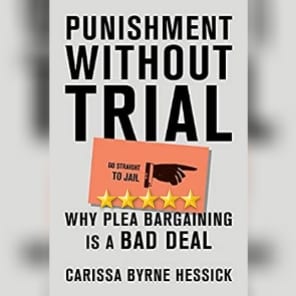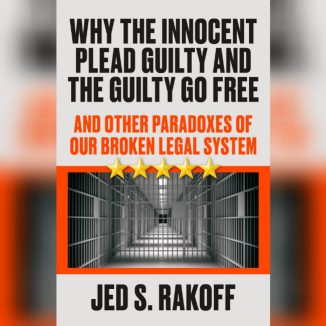Another Critical Book For Those Seeking To Understand The American Justice System. This is yet another critical book for those seeking to understand the full scope of all that is wrong with the American justice system and how we got here, along with Radley Balko’s Rise of the Warrior Cop, Michelle Alexander’s New Jim Crow (referenced herein, with solid points about where Alexander goes wrong in her presumptions), and Maya Schenwar and Victoria Law’s Prison By Any Other Name. Whereas Balko looks at police militarization, Alexander looks at mass incarceration, and Schenwar and Law look at probation and parole, here we look at the critical phase *between* arrest and conviction – the various and severely punitive pre-trial punishments and plea bargains. It is within the scope of this particular problem that Hessick shows just how large and pervasive this particular problem is – to the level that even as many often acknowledge its shortcomings, it is often protected as a means of not “overburdening” the courts! (A tip for “lawmakers”: Rescind 10 laws for every 1 you pass. That would go quite far in reducing the burden on the courts. #ijs 😉 )
Truly a remarkable and shocking work, and one that every American needs to read. Very much recommended.
This review of Punishment Without Trial by Carissa Byrne Hessick was originally written on August 22, 2021.


